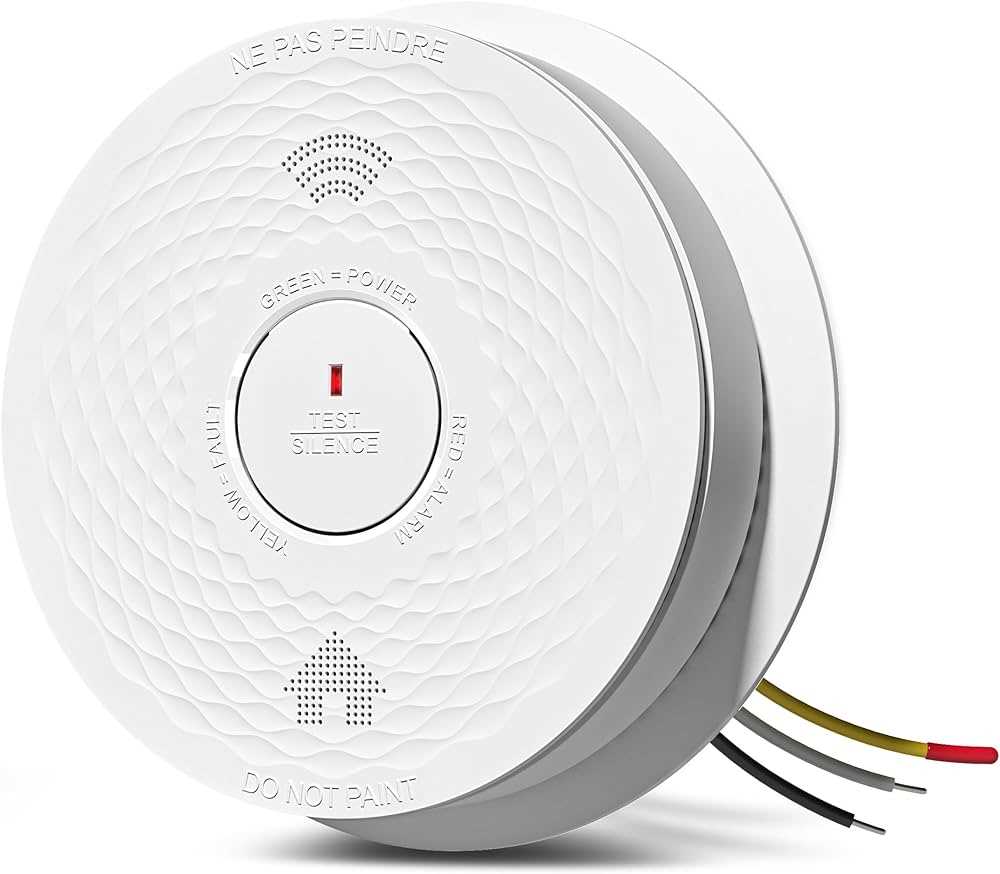
Hardwired interconnected smoke alarms provide an advanced level of safety and protection for homes and buildings. These alarms are directly connected to the electrical system of a property, which ensures a constant power supply, eliminating the need for battery replacements.
Hardwired interconnected smoke alarms offer a significant advantage over standalone battery-operated alarms as they work together as a system. When one alarm detects smoke or fire, all interconnected alarms in the building are activated simultaneously, alerting residents or occupants in various areas simultaneously.
The importance of interconnected smoke alarms cannot be overstated. They play a crucial role in early detection of fires, providing occupants with valuable time to evacuate safely. These alarms are particularly effective in large residential properties where the spread of fire can be rapid, allowing for quick action and minimizing the risk of injury or fatalities.
What Are Hardwired Interconnected Smoke Alarms?
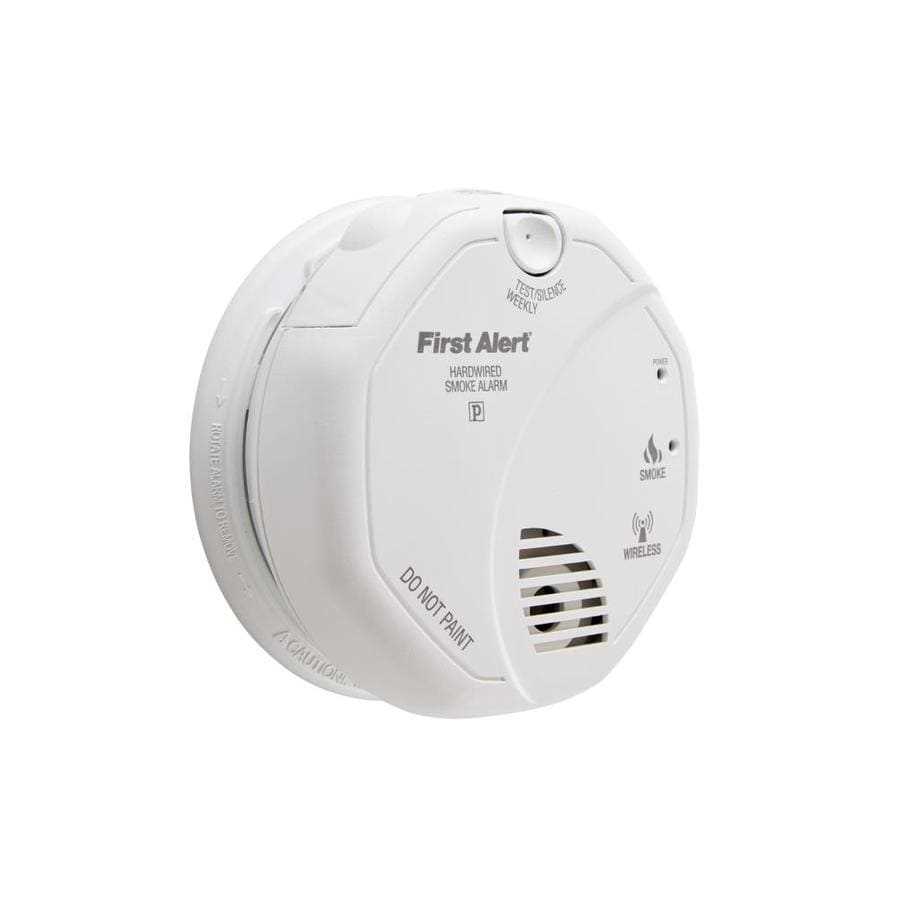
Hardwired interconnected smoke alarms are a type of smoke alarm system that is directly connected to the electrical wiring of a building. Unlike standalone smoke alarms that operate independently, hardwired interconnected smoke alarms are designed to communicate with each other, providing an enhanced level of safety and protection.
With a hardwired interconnected system, when one smoke alarm detects smoke or fire, it will signal all other smoke alarms in the network, triggering all the alarms to sound simultaneously. This interconnected feature ensures that anyone in the building is alerted to the presence of smoke or fire, even if they are in a different area or on a different floor.
These interconnected smoke alarms are typically installed in homes, apartment buildings, or commercial properties where a higher level of fire protection is required. They are often required by building codes and regulations, as they offer a more comprehensive safety solution compared to standalone smoke alarms.
Hardwired interconnected smoke alarms can be powered by the building’s electrical system, with a backup battery in case of power outages. They may also include additional features, such as carbon monoxide detection or the ability to be integrated with other home automation systems for remote monitoring and control.
In summary, hardwired interconnected smoke alarms provide a reliable and interconnected system of smoke detection, ensuring that everyone in the building is alerted to the presence of smoke or fire. They offer an enhanced level of safety and are often a requirement in buildings where a higher level of fire protection is necessary.
The Importance of Smoke Alarms
Smoke alarms are an essential component of home safety. They provide early detection of fires, giving occupants valuable time to evacuate before the situation becomes life-threatening. Every year, numerous lives are saved thanks to the presence of functioning smoke alarms in homes.
Early detection: Smoke alarms are designed to detect the presence of smoke in the air. They are equipped with sensors that are triggered by smoke particles, prompting the alarm to sound. This early detection allows occupants to quickly respond and take necessary actions to prevent further damage and danger.
Reduces risk of injuries and deaths: Smoke alarms significantly reduce the risk of injuries and deaths in the event of a fire. They provide an audible alert that can wake sleeping occupants and prompt them to evacuate. This is particularly important at night when people are most vulnerable and may not be able to smell or see smoke.
Peace of mind: Having smoke alarms installed throughout a home provides peace of mind for the occupants. They can feel confident that in the event of a fire, they will be alerted promptly and have time to escape safely. This peace of mind allows individuals to sleep better at night and go about their daily activities without constant worry.
Compliance with safety regulations: Many jurisdictions have legislation or building codes that require the installation of smoke alarms. By ensuring that your home is equipped with functioning smoke alarms, you are complying with these safety regulations and doing your part to protect yourself, your family, and your property.
Easy installation and maintenance: Smoke alarms are relatively easy to install and maintain. They can be wired into the home’s electrical system or powered by batteries. Regular testing and battery replacement are necessary to ensure that the smoke alarms are functioning properly. By investing a small amount of time and effort in installation and maintenance, you can greatly enhance the safety of your home.
In summary, smoke alarms play a crucial role in home safety. They provide early detection of fires, reduce the risk of injuries and deaths, bring peace of mind to occupants, ensure compliance with safety regulations, and are easy to install and maintain. Don’t underestimate the importance of smoke alarms – they can save lives.
Understanding Hardwired Smoke Alarms
Hardwired interconnected smoke alarms are an essential component of any home’s safety system. These alarms are designed to detect smoke and sound an alarm to alert the occupants of a potential fire. Unlike battery-operated smoke alarms, hardwired alarms are directly wired into the electrical system of the house, ensuring a constant power source and providing reliable protection.
One of the key benefits of hardwired interconnected smoke alarms is their ability to communicate with each other. When one alarm detects smoke, it will trigger all the interconnected alarms in the house, ensuring that every occupant is alerted to the potential danger. This interconnected feature is especially important in larger homes or homes with multiple levels, as it ensures that everyone in the house is aware of the situation, no matter where they are.
Hardwired smoke alarms also come with a battery backup to ensure that they continue to function in the event of a power outage. This backup power source allows the alarms to keep working, even when the electrical system is temporarily down. This provides an added layer of protection and peace of mind for homeowners, knowing that their smoke alarms will still function even during emergencies.
When it comes to installation, hardwired smoke alarms require professional installation to ensure they are properly connected to the electrical system. It is important to hire a certified electrician or a licensed contractor who has experience with these types of alarms. They will ensure that the alarms are correctly wired and interconnected, following all safety regulations and guidelines.
In conclusion, hardwired interconnected smoke alarms provide reliable and comprehensive protection for homes. Their ability to communicate with each other and the inclusion of a battery backup make them a crucial component of any home’s safety system. By investing in these advanced smoke alarms and ensuring professional installation, homeowners can enhance the safety of their homes and protect their loved ones from the devastating effects of fire.
Benefits of Hardwired Interconnected Smoke Alarms
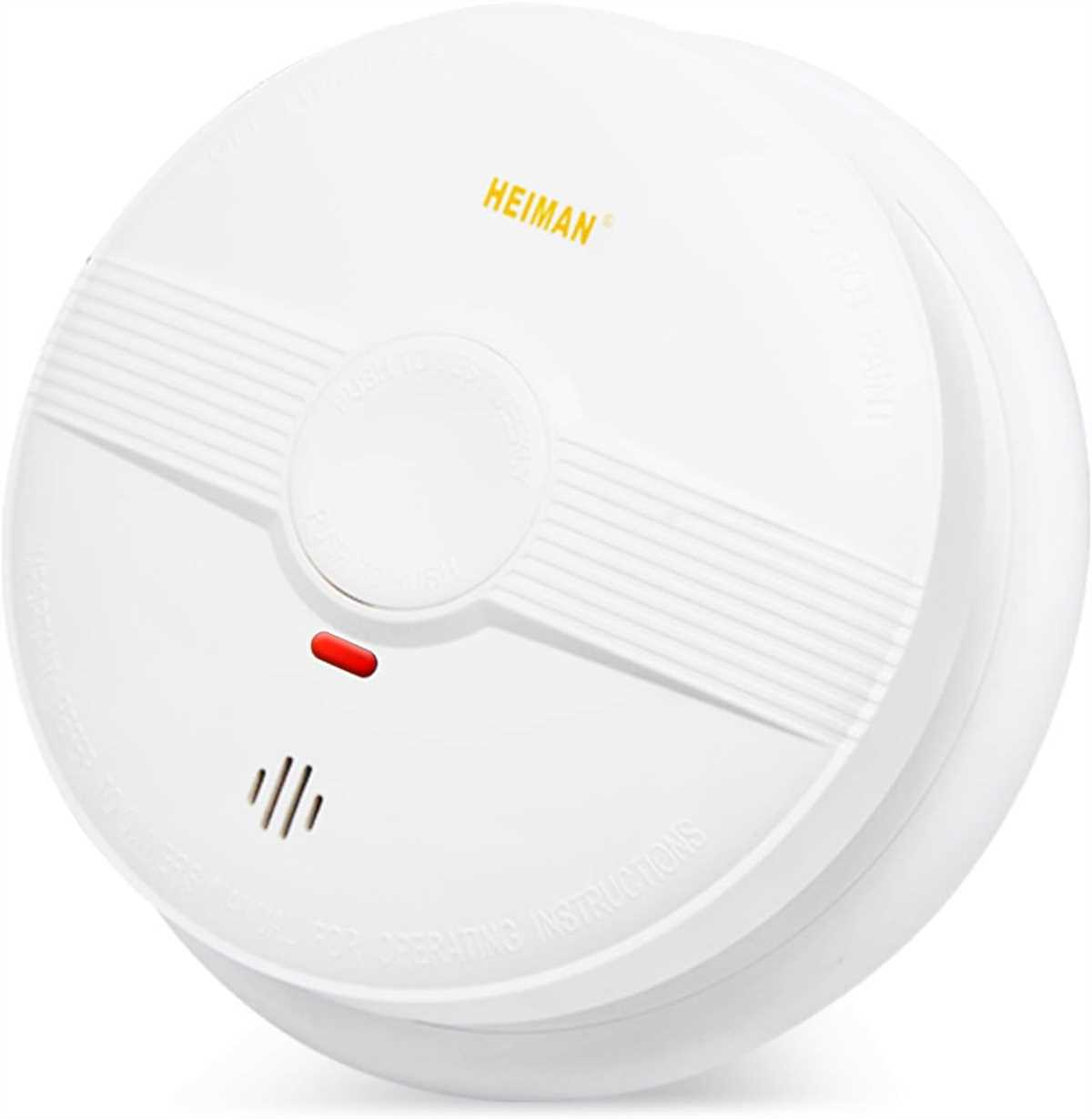
Hardwired interconnected smoke alarms provide numerous benefits when it comes to fire safety in residential and commercial buildings. These advanced smoke alarms are directly connected to the electrical system of the building, which ensures a constant power source and eliminates the need for battery replacements. By having multiple smoke alarms interconnected, if one alarm detects smoke or fire, all the alarms will sound simultaneously, alerting everyone in the building immediately. This interconnected feature provides an additional layer of safety, as it increases the chances of early detection and allows for timely evacuation.
1. Reliability: One of the primary benefits of hardwired interconnected smoke alarms is their reliability. Since they are directly connected to the electrical system, they are always powered and do not rely on batteries that might run out of power. This ensures that the smoke alarms are constantly operational and able to detect any signs of smoke or fire. With this constant power source, residents or building occupants can have peace of mind knowing that they are protected at all times.
2. Enhanced Safety: The interconnectivity feature of hardwired smoke alarms significantly enhances the safety of the building and its occupants. In the event of a fire, if one smoke alarm is triggered, all interconnected alarms will sound simultaneously. This allows for immediate notification of a potential fire, giving occupants more time to evacuate safely. The interconnected alarms also eliminate the risk of a single alarm going unnoticed, ensuring that everyone in the building is alerted in case of an emergency.
3. Compliance with Building Codes: Many building codes and regulations now require the installation of hardwired interconnected smoke alarms in new construction and renovations. By installing these smoke alarms, building owners and occupants can ensure that their property is compliant with safety standards and regulations. Meeting these codes not only promotes safety but also provides legal protection in case of any fire-related incidents.
4. Easy Maintenance and Testing: Hardwired interconnected smoke alarms generally require less maintenance compared to battery-operated devices. While battery-operated alarms often need regular battery replacements, hardwired alarms only need occasional testing to ensure that they are functioning correctly. Additionally, these smoke alarms often come with a test button that allows users to easily and quickly check if all interconnected alarms are working properly.
Overall, the benefits of hardwired interconnected smoke alarms include their reliability, enhanced safety, compliance with building codes, and easy maintenance. By installing these advanced smoke alarms, individuals and building owners can significantly improve fire safety and reduce the risk of property damage and harm to occupants in case of a fire incident.
Installation and Integration of Hardwired Interconnected Smoke Alarms
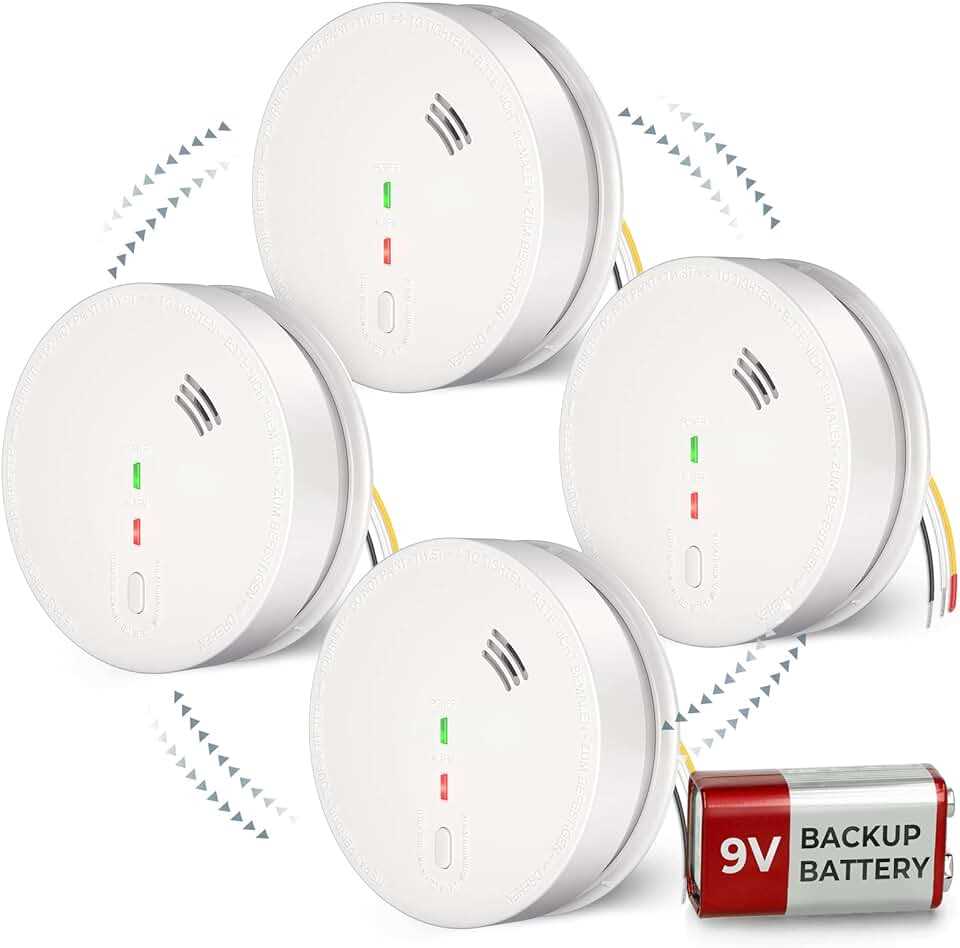
Hardwired interconnected smoke alarms offer an effective and reliable way to protect your home from the dangers of fire. These alarms are designed to work together, so that when one alarm detects smoke or fire, all alarms in the interconnected system will sound simultaneously. This provides early warning to all occupants in the house, increasing the chances of a safe evacuation.
Installation of hardwired interconnected smoke alarms begins with determining the optimal locations for each alarm. It is recommended to install an alarm in every bedroom, outside each sleeping area, and on every level of the home. The alarms should be placed on the ceiling or high on the wall, as smoke rises. It is important to follow the manufacturer’s instructions for proper installation and placement of each alarm.
Once the alarms are installed, they need to be interconnected. This can be done by connecting the alarms through wiring or wirelessly, depending on the specific model and system. Wiring the alarms involves running a cable between each alarm and connecting them in parallel. Wireless interconnection, on the other hand, requires the alarms to communicate with each other using radiofrequency signals.
Integration of hardwired interconnected smoke alarms with other fire safety systems, such as sprinklers or emergency lighting, is also crucial for comprehensive protection. These systems can be interconnected through a central control panel, ensuring that all safety measures are activated in case of a fire emergency. Regular testing and maintenance of the interconnected smoke alarms and other fire safety systems are essential to ensure their proper functioning.
Maintenance and Testing of Hardwired Interconnected Smoke Alarms
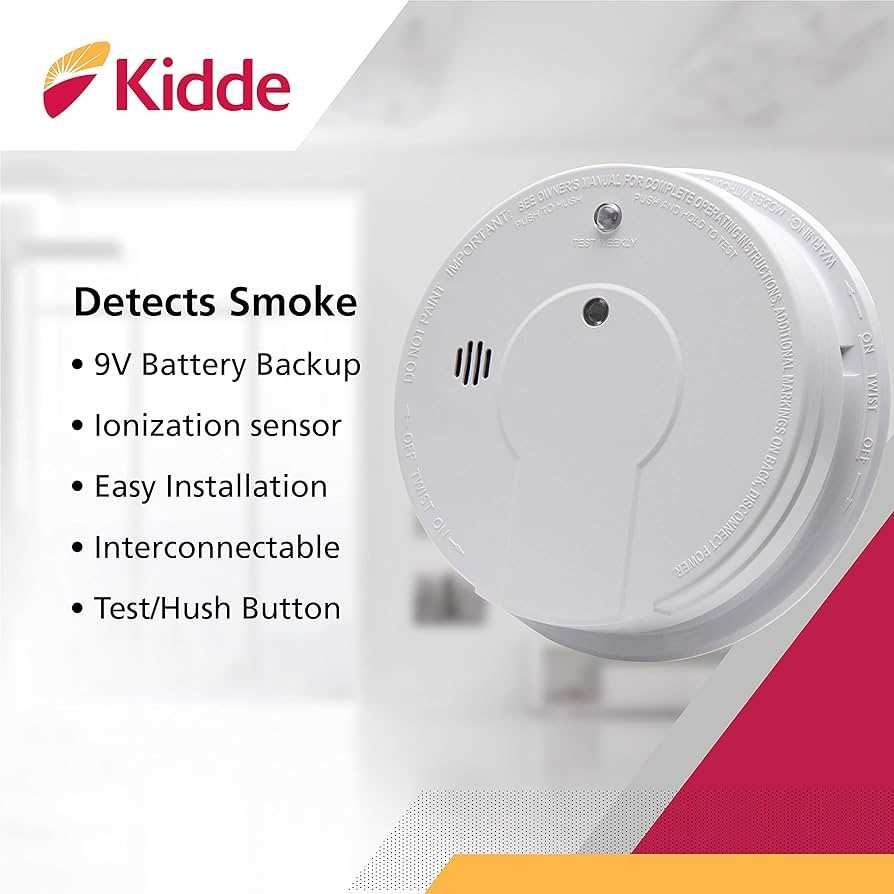
Maintaining and testing your hardwired interconnected smoke alarms is essential to ensure their proper functioning and effectiveness in the event of a fire. Here are some important steps to follow:
1. Regular Testing
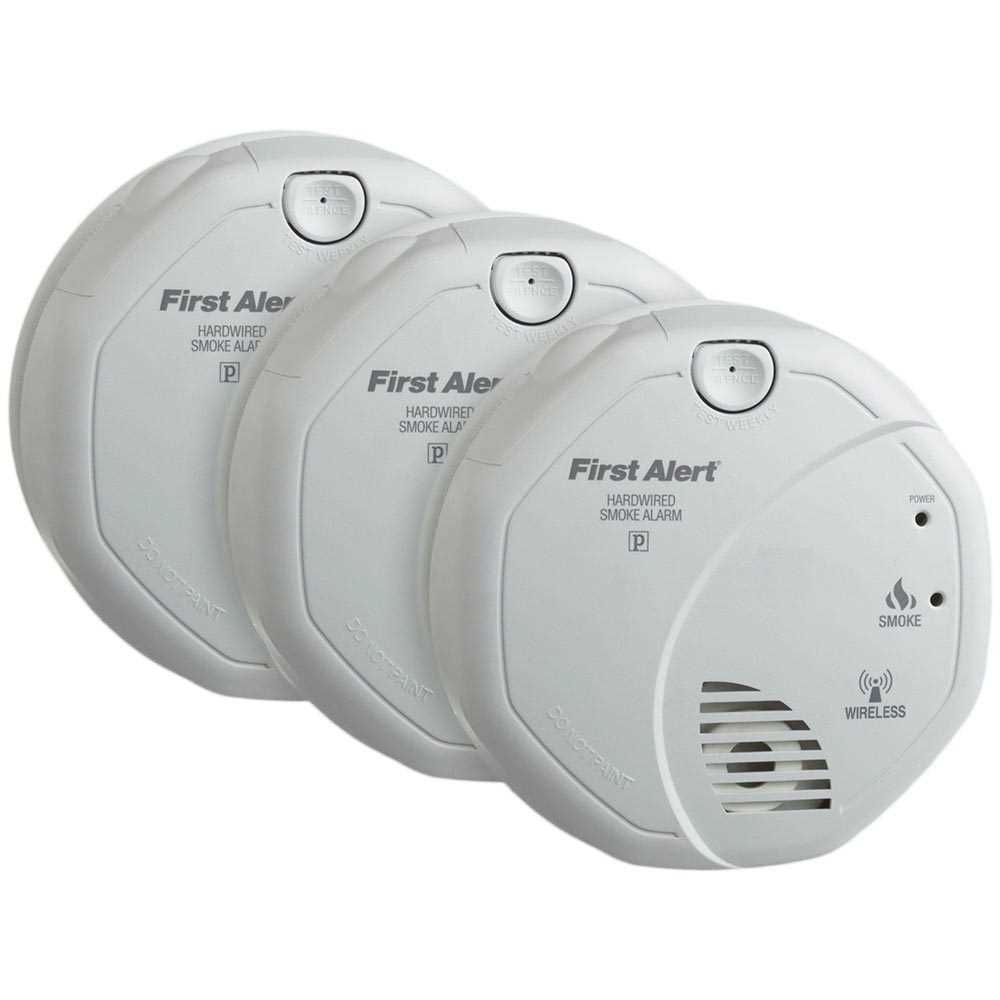
Test your smoke alarms at least once a month by pressing the test button. This will verify that the alarm sound is loud and clear and that the system is interconnected properly. If you don’t hear a sound or the sound is weak, replace the batteries or the entire unit if necessary.
2. Cleaning
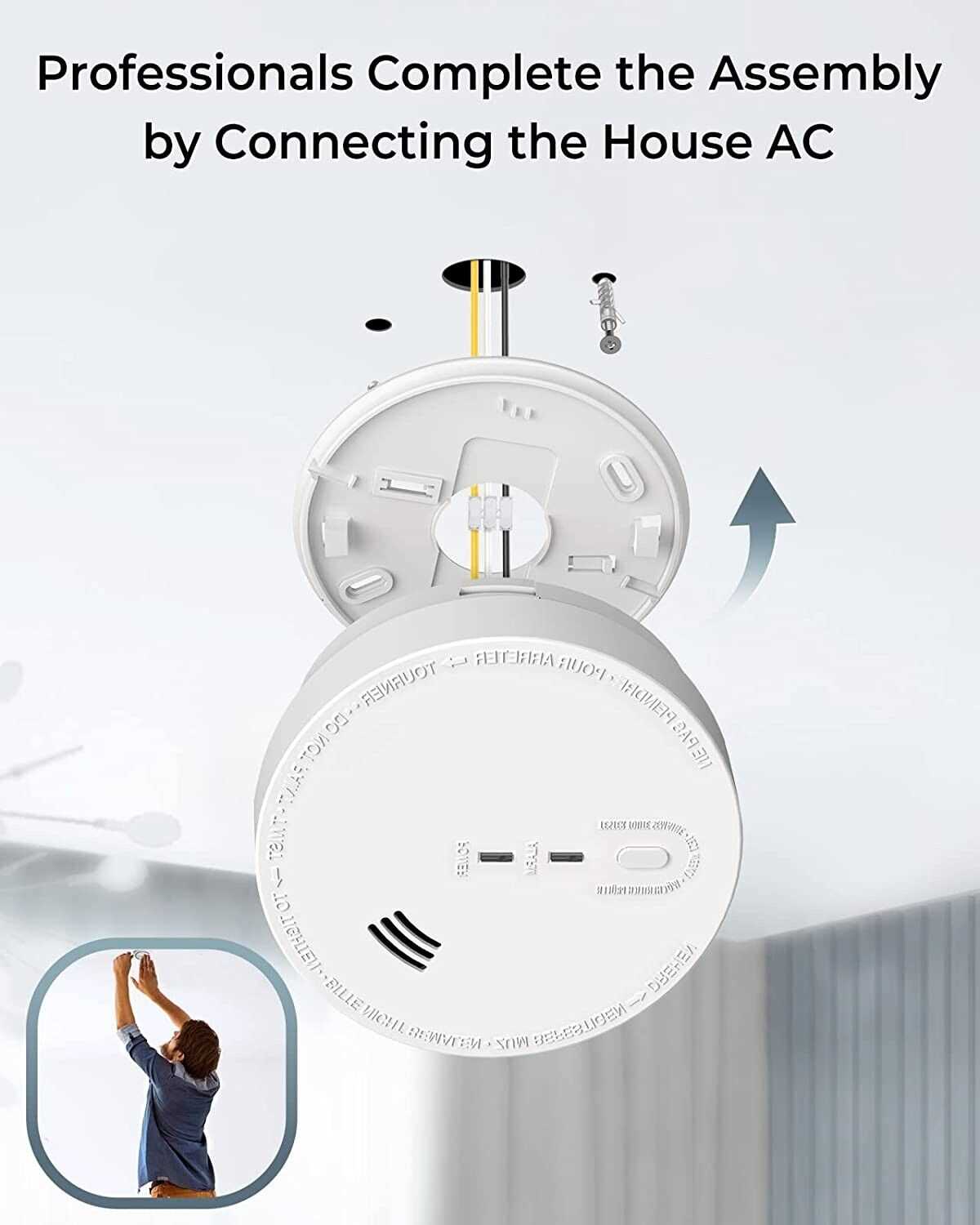
Clean your smoke alarms regularly to remove dust, dirt, and other particles that may affect their performance. Use a soft brush or vacuum cleaner to gently remove debris from the vents and sensors. Avoid using water or cleaning solutions, as they can damage the alarms.
3. Battery Replacement
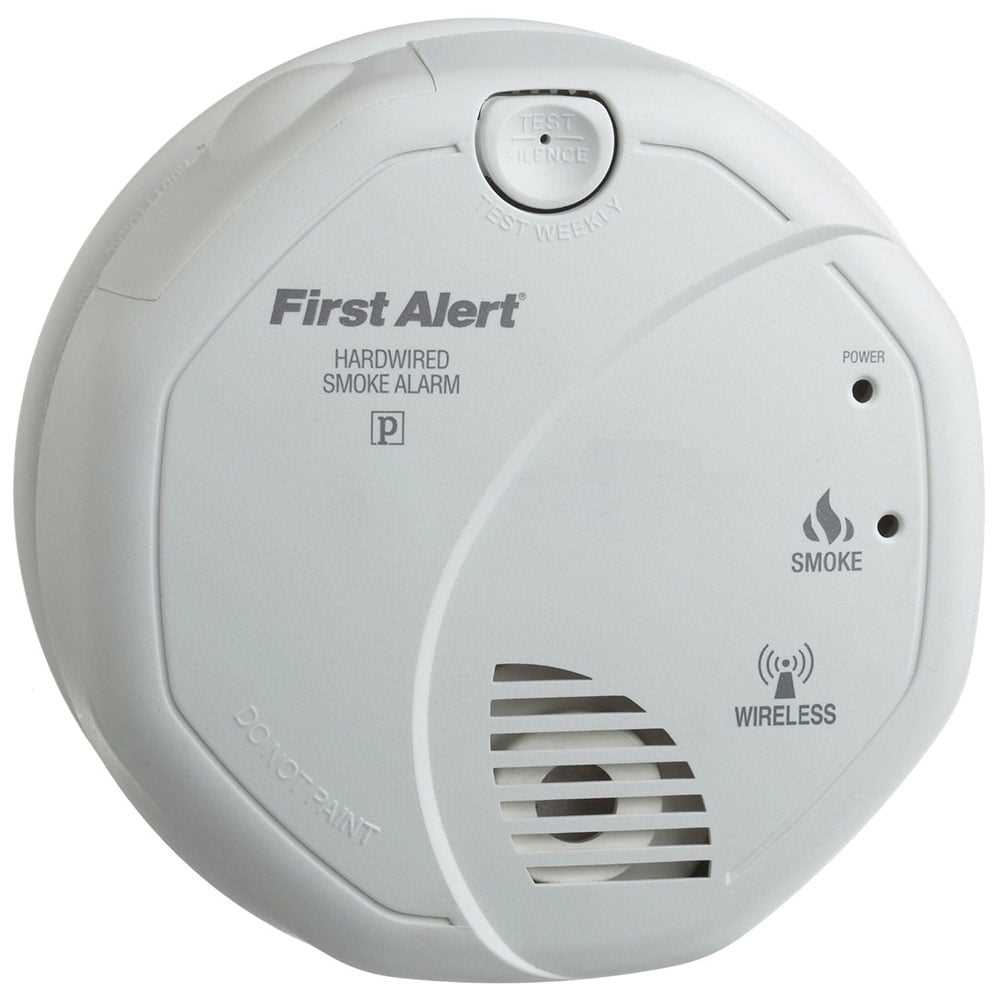
If your hardwired interconnected smoke alarms have backup batteries, replace them at least once a year. This ensures that the alarms will continue to work during a power outage. Always use the type of batteries recommended by the manufacturer.
4. Professional Inspection
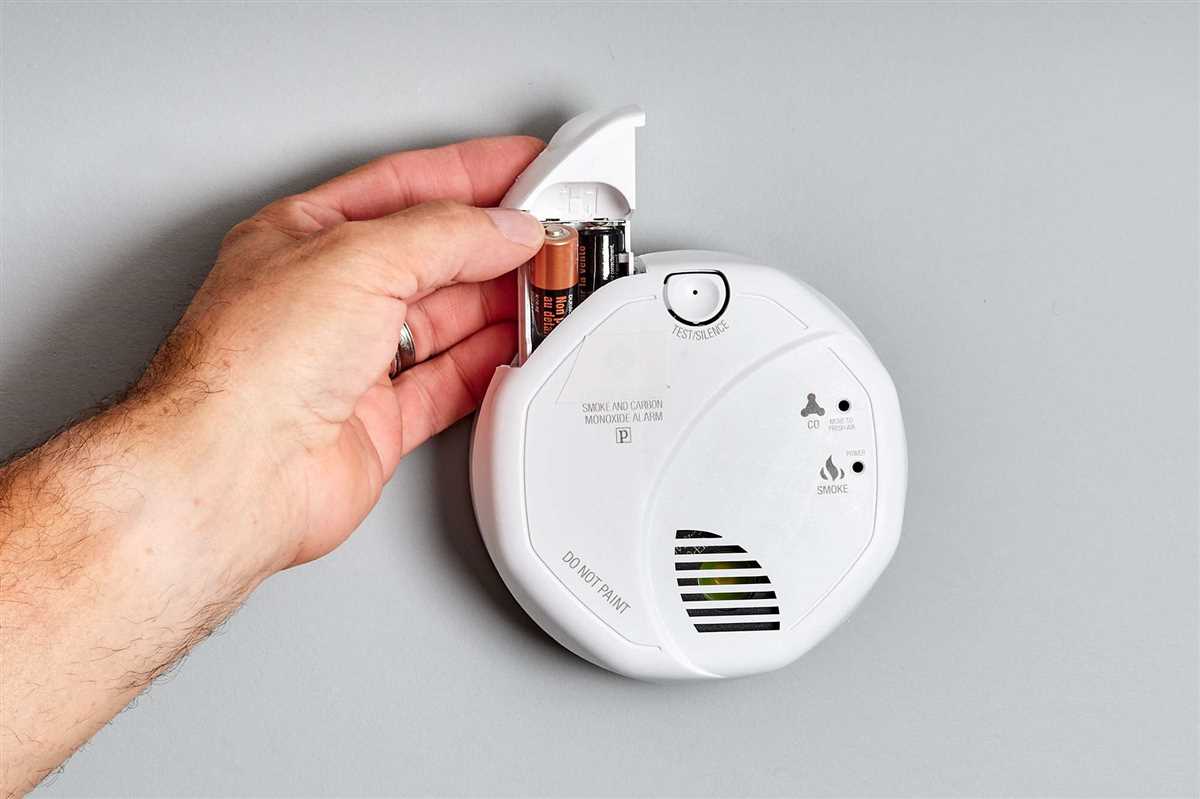
Have a qualified technician inspect your smoke alarms and their electrical connections annually. They will check for any malfunctions, loose wiring, or other issues that could affect the alarms’ performance.
5. Replacing Old Alarms
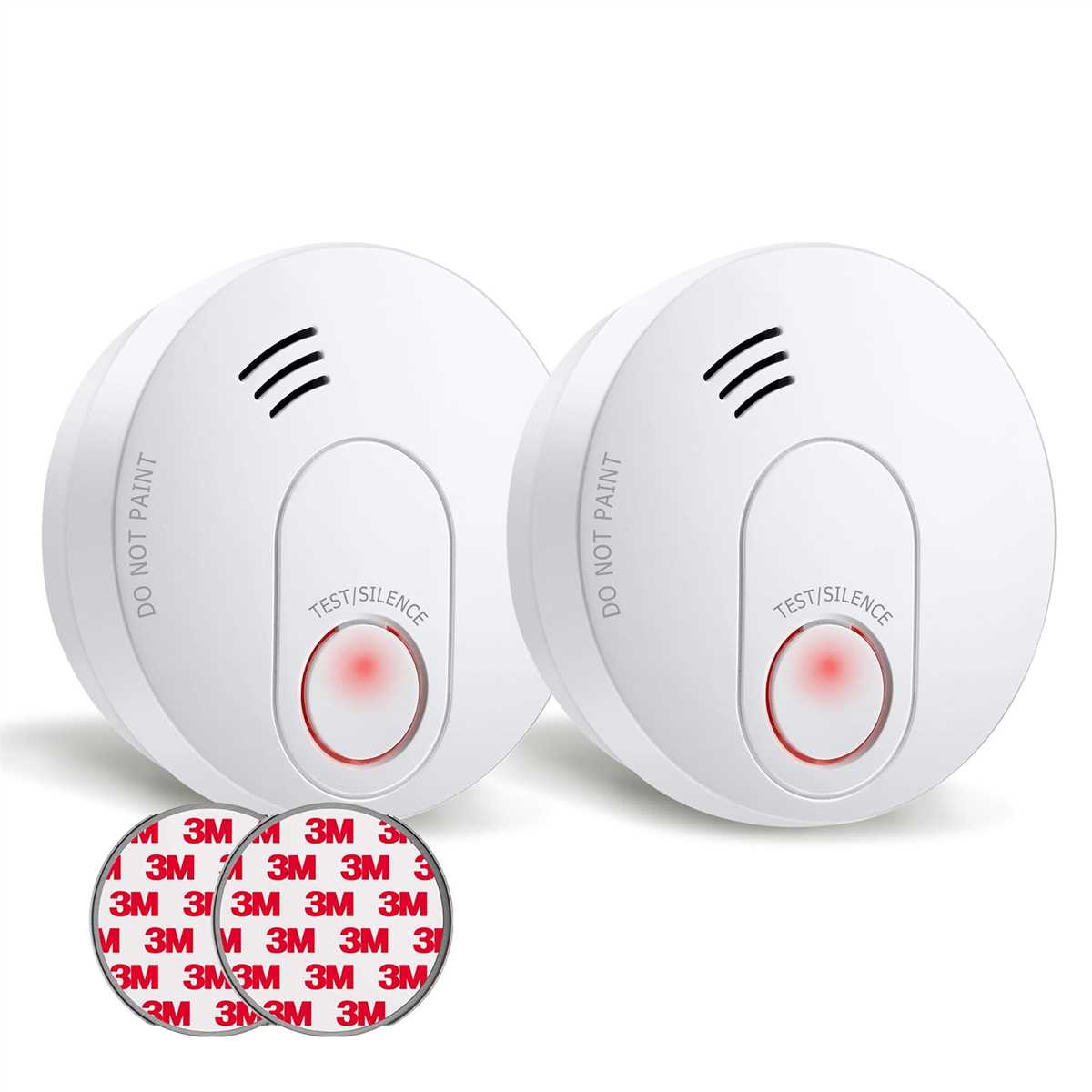
Smoke alarms have a limited lifespan, typically around 10 years. If your alarms are older than this, consider replacing them with newer models that meet the latest safety standards. This will ensure optimal performance and reliability.
By following these maintenance and testing guidelines, you can ensure that your hardwired interconnected smoke alarms are in good working condition and provide the necessary early warning in case of a fire. Remember, the safety of your family and property depends on these devices, so make their maintenance a priority.